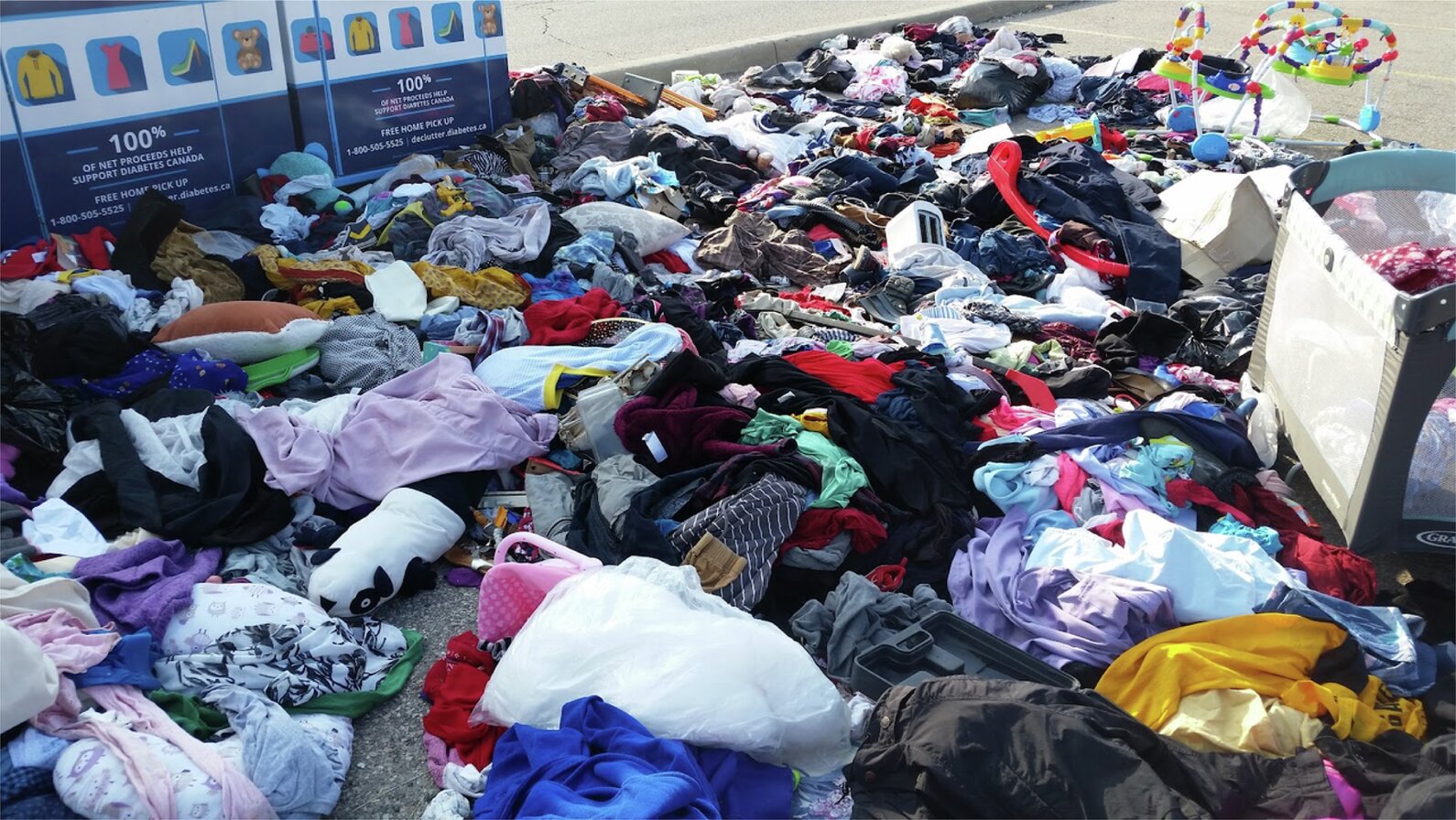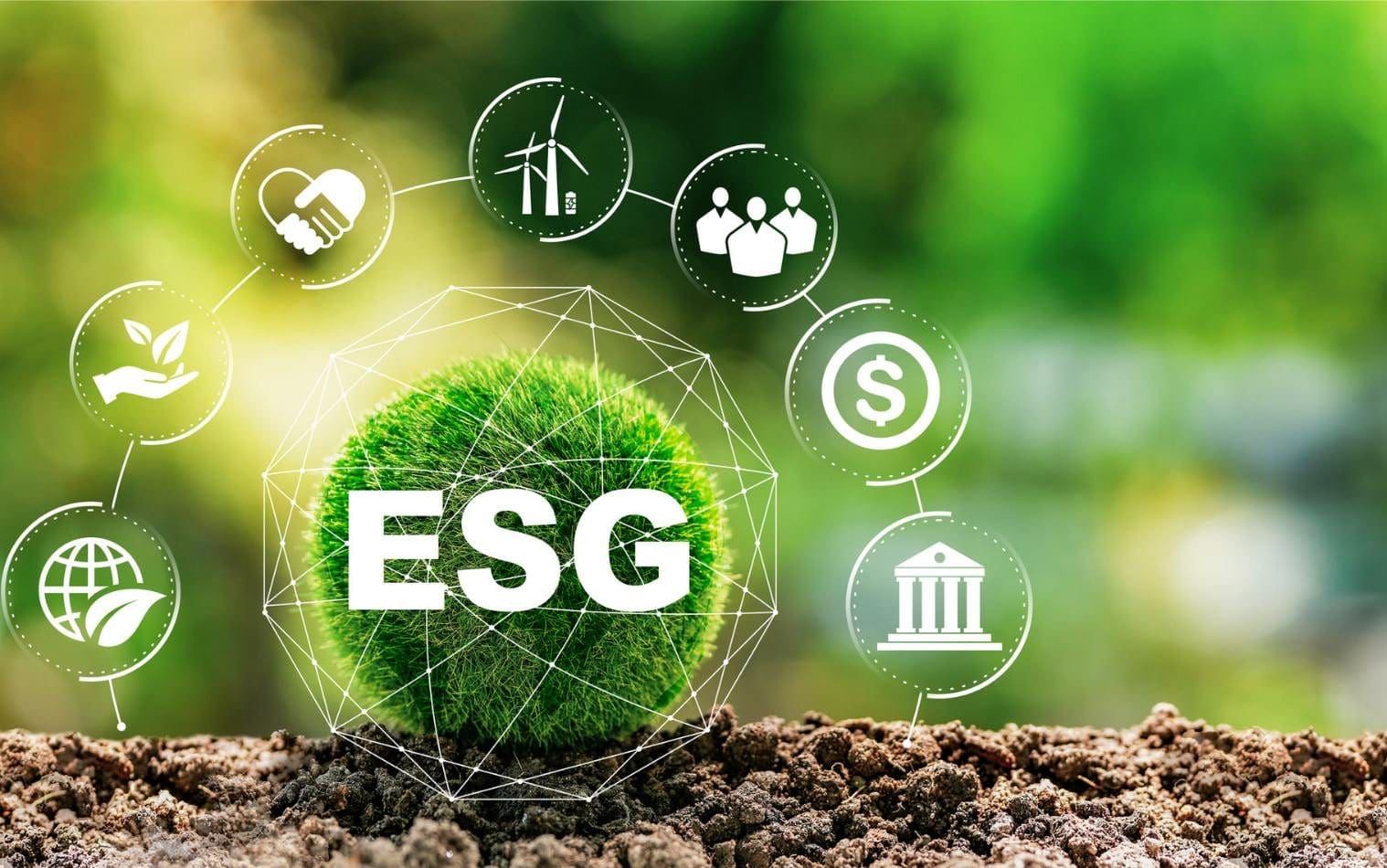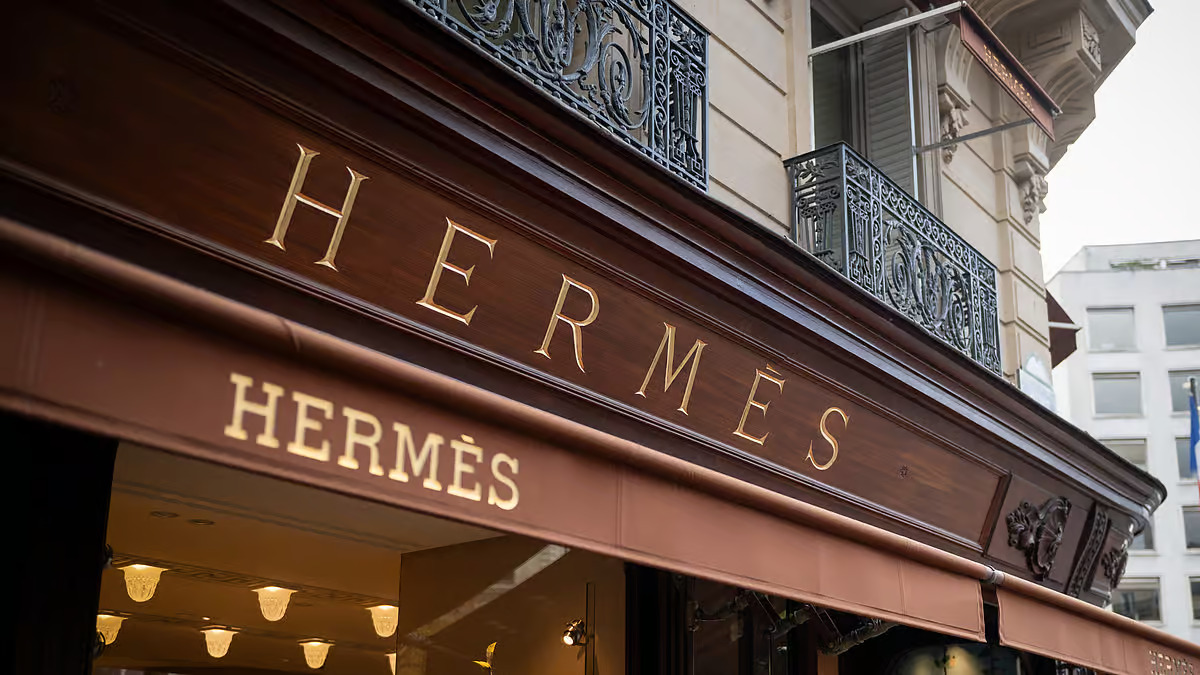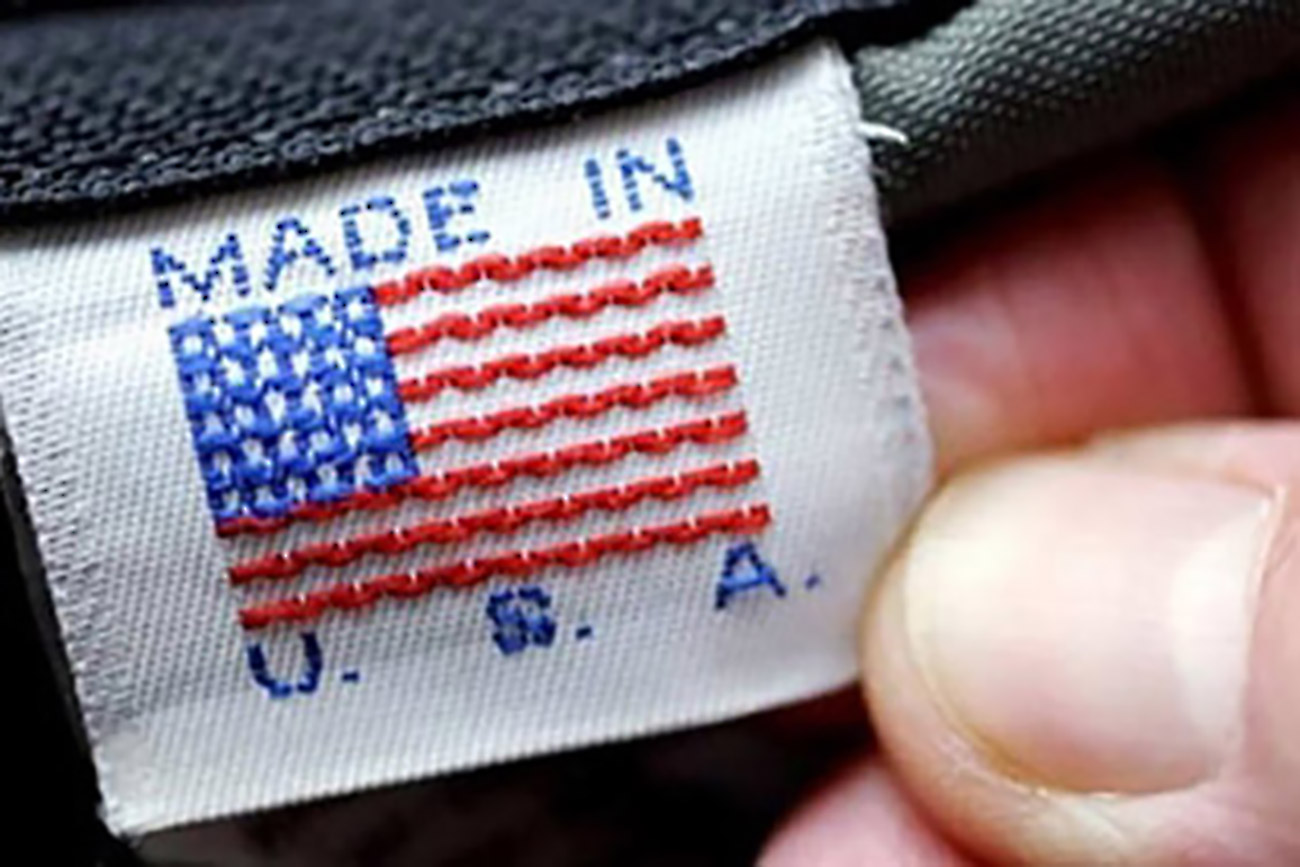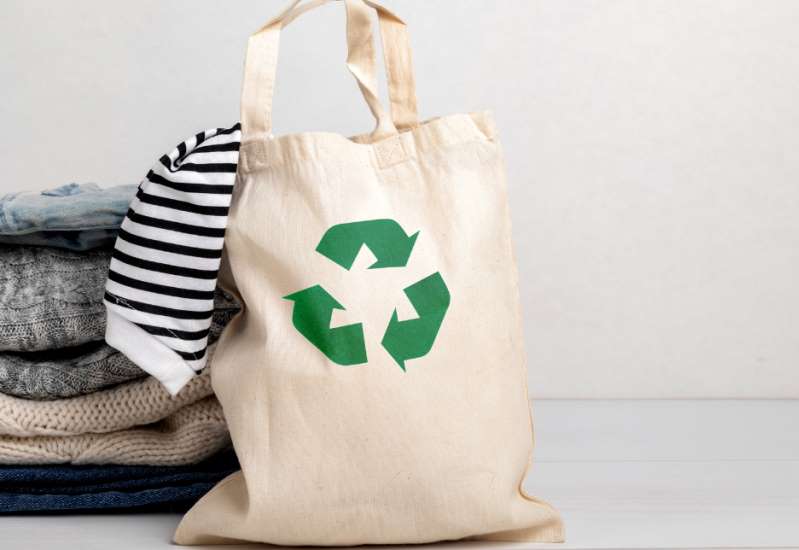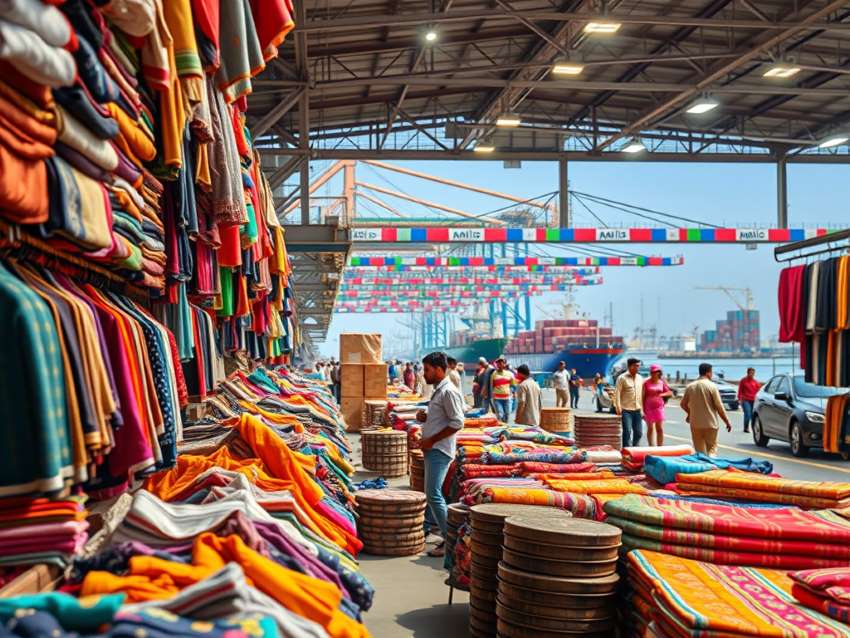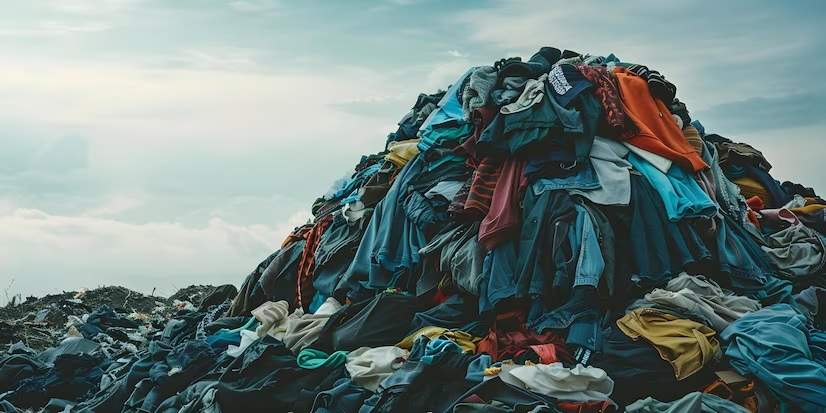FW
Nearing complete liquidation of its operations, Select Fashion plans to shut down 35 stores across the UK. The company has reportedly engaged consultants to oversee its liquidation process.
The retailer had already shut down stores across 35 locations by March 14, continuing a process that began earlier in the year. The company’s liquidation process is being managed by restructuring specialist Moorfields as per a voluntary arrangement signed last year.
The impending financial collapse of the company is likely to leave employees without severance pay. This situation follows Select Fashion's previous administration collapse in 2019, from which it was rescued by Genus UK.
Currently owned by Cafer Mahiroglu, Founder and CEO, Select Fashion reported a pre-tax loss of $1.43 million for the year ending February 2023 in its latest financial year results.
Select Fashion joins a growing list of retail failures in recent years, including Quiz, which entered administration last month. That move resulted in the loss of approximately 200 jobs and the closure of 23 locations.
In the first eight months of the fiscal year 2024-25, Bangladesh's apparel exports to key markets like the EU, the US, and Canada registered a double digits growth as demand from major brands and retailers increased.
As per data from the Export Promotion Bureau (EPB), Bangladesh's RMG exports grew by 10.64 per cent globally, reaching $26.79 billion during the period spanning July 2024-February 2025.
Most of these exports were directed to the European Union, which absorbed 50.10 per cent of the total RMG exports, valued at $13.42 billion. Exports to the US reached $5.06 billion constituting18.91 per cent share, and Canada accounted for 3.16 per cent share with exports reaching $845 million. Exports to another significant market, the UK grew to $2.93 billion, representing 10.94 per cent of the total.
In terms of growth, EU exports rose by 11.53 per cent Y-o-Y, while the US saw a robust 16.38 per cent increase, and Canada grew by 14.12 per cent.
The UK, however, experienced a more modest 3.74 per cent growth.
Within the EU, Germany is the largest destination ($3.38 billion), followed by Spain ($2.35 billion), France ($1.43 billion), Italy ($1.05 billion), Poland ($1.13 billion), and the Netherlands ($1.43 billion). Notable growth was seen in Germany (11.03 per cent), the Netherlands (25.06 per cent), Poland (12.06 per cent), Denmark (14.58 per cent), and Sweden (21.12 per cent).
Exports to non-traditional markets also showed growth, with a 6.23 per cent overall increase, totaling $4.52 billion. Japan led these markets with $839 million in imports, followed by Australia ($582 million) and India ($478 million). Exports to Turkey ($305 million) and Mexico ($229 million) were also substantial.
Specifically, exports to India increased by 18.58 per cent, Mexico by 25.14 per cent, and Turkey by 32.20 per cent. While exports to Japan, Australia, India, Turkey, and Mexico were positive, shipments to Russia, Korea, the UAE, and Malaysia declined.
Mohiuddin Rubel, Former Director, BGMEA, attributes this growth to shifting global trade dynamics, offering Bangladesh opportunities if it strengthens its production capabilities. He emphasizes on the need to invest in backward linkages to maintain RMG sector competitiveness.
Highlighting the continued importance of the EU and US markets, Rubel points out to the potential for growth in non-traditional markets. Diversifying into these regions could lessen the reliance on traditional destinations, he emphasizes.
Nyan Kids, a leading Singapore-based babywear manufacturer and subsidiary of NK Group, has adopted Coats Digital’s GSDCost solution to streamline production, improve cost accuracy, and enhance global competitiveness. The move aims to tackle operational inefficiencies, including cycle time inaccuracies, inefficient Standard Minute Value (SMV) settings, and excessive overtime costs.
With three factories in Cambodia, over 4,000 workers, and 3,500 sewing machines, Nyan Kids produces more than 3.1 million garments monthly for major brands such as Gap, Old Navy, and Carter’s. The adoption of GSDCost marks a strategic step towards eliminating inefficiencies caused by manual processes.
“Adopting GSDCost is a transformative move for Nyan Kids. The solution provides accurate benchmarks for planning and costing, significantly reducing inefficiencies. We are confident this will boost productivity, improve pricing, and strengthen customer alignment,” said Norman S Sorizo, IE Supervisor, Nyan Kids.
By leveraging GSDCost, the company will gain data-driven insights to optimise production, identify unnecessary motions, and ensure precise scheduling. This transition is expected to reduce unplanned overtime, enhance efficiency, and improve overall output quality.
Coats Digital’s GSDCost is an industry-recognized solution that enables brands and manufacturers to establish 'International Standard Time Benchmarks' using predefined motion codes. It fosters a transparent, collaborative, and sustainable supply chain by supporting accurate cost predictions and data-driven negotiations.
Noemi Echague, Training & Productivity Consultant at Coats Digital, expressed enthusiasm for the partnership: “We are thrilled to support Nyan Kids in achieving operational excellence. GSDCost will empower its teams with a structured approach to productivity improvement, delivering tangible benefits such as cost savings and on-time deliveries. We look forward to working closely with Nyan Kids to ensure its continued leadership in the global babywear industry.”
Nuralkhan Kusherov, the Akim (Governor), Turkestan Region, Kazakhstan, has directed regional department heads and district and city akims to increase efforts to attract investments to the region.
As part of this initiative, Yerlan Nurmakhanov, Governor, Baidibek, Turkestan region, presented plans for the construction of a new cotton processing complex in the district. The project will help boost the cotton processing industry in the region.
Work on the project has commenced with fencing of the plot. Developers of the project plan to organize the production processes using modern technologies, as per a report.
The district's Akimat is supervising the investment project and taking steps to ensure it is completed on time and to a high standard.
Being developed by the Kazakhstani company ‘Amanat Agro Holding,’ the project entails an investment of 2.7 billion tenge (approximately $5.4 million). The complex will process 60,000 tons of raw cotton annually. Once completed, the project will create 60 new jobs (per shift).
Following a strong growth in January, India's textile and apparel (T&A) exports experienced a slight dip in February 2025.
T&A exports during the month declined by 2.27 per cent to $3.216 billion. However, they increased by 7.19 per cent to $33.217 billion in the first eleven months of FY2024-25.
Apparel exports increased by 3.97 per cent to $1.534 billion in February, while textile exports declined by 7.35 per cent to $1.681 billion during the month. Over the eleven-month period, India’s apparel exports rose by 10.71 per cent to $14.458 billion from $13.059 billion in the same period of the previous fiscal year. On the other hand, textile exports grew by 4.63 per cent to $18.759 billion in the first eleven months of FY25, compared to $17.928 billion in the same period of the previous year.
Within the textile sector, exports of cotton yarn, fabrics, made-ups, and handloom products increased modestly by 3.29 per cent to $10.938 billion in the first eleven months of this fiscal year. Exports of man-made yarn, fabrics, and made-ups rose by 4.54 per cent to $4.432 billion, while carpet exports saw a significant increase of 12.52 per cent to $1,403.97 million.
On the other hand, exports of cotton yarn, fabrics, made-ups, and handloom products in February 2025 declined by 4.41 per cent to $981.80 million, while exports of man-made yarn, fabrics, and made-ups declined by 8.36 per cent to $395.65 million. Carpet exports, however, increased by 4.87 per cent to $118.87 million.
Imports of raw cotton and waste increased by 107.38 per cent to $1,140.28 million during April–February 2025, compared to $549.86 million in the same period of the last fiscal year. Imports of textile yarn, fabrics, and made-ups increased by 7.83 per cent, rising from $2,116.74 million to $2,282.50 million during the period.
In February 2025, imports of raw cotton and waste saw a dramatic increase of 217.72 per cent, from $31.43 million to $99.86 million. Similarly, imports of textile yarn, fabrics, and made-ups rose by 6.38 per cent to $196.87 million in February.
India’s imports of raw cotton and waste were valued at $598.63 million in FY24, a 58.39 per cent decrease from $1,439.70 million in the previous fiscal year. Imports of textile yarn, fabrics, and made-ups also declined by 12.98 per cent to $2,277.85 million, compared to $2,617.74 million in FY23.
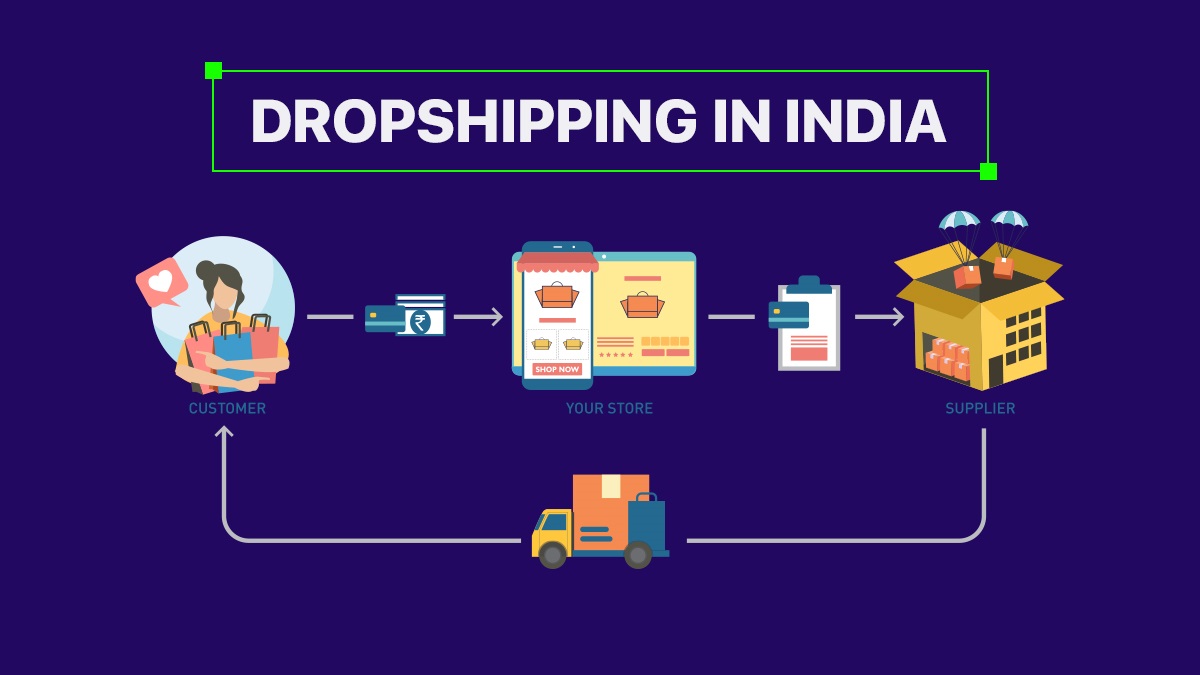
Dropshipping, the innovative e-commerce model where retailers sell products without holding inventory, has quietly transformed into a global juggernaut. In recent years, dropshipping has seen explosive growth, with by platforms like Shopify, AliExpress, and SaleHoo.
Global dropshipping scenario
The global market, valued at $162.44 billion in 2023, is projected to exceed $700 billion by 2030, reflecting a staggering CAGR of 23.4 per cent as per Grand View Research. This rise is attributed to its minimal startup costs, scalability, and location independence, enabling entrepreneurs worldwide to establish niche-focused online stores with ease.
Many successful online stores have been built on the dropshipping model, often specializing in niche markets. These stores leverage social media marketing to succeed. Despite its allure, dropshipping presents has numerous challenges such as reliance on third-party suppliers leading to quality control issues and longer shipping times. Competition is intense, necessitating innovative marketing strategies and stringent supplier management.
India's dropshipping scene
In India, as the e-commerce market grows rapidly towards a projected $350 billion by 2030 as predicted by Bain & Company, dropshipping is gaining prominence. Currently valued at $1 billion, the Indian dropshipping market is expected to reach $5 billion by 2028, says Deloitte India. Kapil Makhija, MD and CEO of Unicommerce eSolutions says, dropshipping makes up over half of e-commerce shipments in India, and he expects this share to grow to 65 per cent in the next five years. Platforms like Shopify and local suppliers are facilitating the growth of dropshipping businesses. The rise in dropship model can largely be attributed to the Covid-19 pandemic.
Overcoming challenges in India
Logistics and infrastructure pose significant hurdles, especially in rural areas, while building consumer trust remains paramount. Cash on delivery (COD) remains prevalent, complicating payment processes, and finding reliable local suppliers is a persistent challenge.
In India, the integration of social commerce and the rise of direct-to-consumer (D2C) models are reshaping the landscape. Entrepreneurs are leveraging dropshipping to market regional handicrafts and niche fashion, capitalizing on India's diverse textile heritage. Initial investment costs, ranging from Rs 5,000 to Rs 50,000, make it accessible to aspiring entrepreneurs.
The fashion and apparel frontier
The fashion sector, ideally suited for dropshipping, benefits from its flexibility to adapt to fast-changing trends and cater to niche markets. Globally, it has empowered small businesses to compete with established brands, while in India, it enables regional producers to scale nationally and tap into a growing demand for customized apparel and accessories.
Many small Indian online stores are specializing in selling customized apparel, such as printed T-shirts or personalized accessories, through dropshipping. These stores often leverage social media marketing to reach their target audience. Regional textile products are also being sold through dropshipping, allowing artisans and small businesses to reach a wider customer base. The rise of online boutiques that curate niche fashion items from various suppliers, are leveraging dropshipping to offer a unique selection.
Future prospects and innovations
As technology advances, AI and automation are set to enhance efficiency and customer experience in dropshipping. However, ensuring customer satisfaction, stringent quality control, and bolstering supplier reliability will be pivotal for sustained growth, particularly in India's evolving market.
Therefore, as dropshipping continues to evolve, its impact on global and Indian e-commerce landscapes, especially in fashion and apparel, remains profound. Overcoming logistical challenges and nurturing trust are critical as the market matures. With advancements in technology and a burgeoning entrepreneurial spirit, dropshipping is poised to redefine how businesses navigate the digital frontier.
After a quiet test run in 2024, Decathlon is launching a clothing line designed for everyday wear, rather than just athletic activities. The collection features leggings, zip-up jackets, T-shirts, and sweatshirts, available in unisex, men's, and women's styles.
Focusing on essential pieces with a sportswear base, the range doesn’t just reinvent fashion, but rather expands Decathlon's reach into the lifestyle market. This follows a trend of blending fashion and athletics, a path Decathlon began exploring years ago.
Loïc Movellan, Director – Communications, Decathlon Sportswear, explains, the brand has received significant feedback from customers indicating a desire for more refined designs, particularly in terms of product variety and color options. Essentially, the brand is responding to this customer need. Their existing products aren't ideally suited for daily wear, a gap the new lifestyle range aim to fill, explains Movellan.
Following the launch of this basics line, Decathlon plans to introduce additional collections including a clothing range inspired by vintage tennis aesthetics, and more fashion-forward outdoor apparel for the winter of 2025.
Calvin Klein’s new spring 2025 campaign features global music sensation and three-time Grammy winner, Bad Bunny.
Shot and directed by fashion photographer Mario Sorrenti shot, the campaign showcases Bad Bunny in a sensual and immersive setting. The campaign's film is set to his popular track, ‘EoO.’
In the campaign, the multi-platinum artist models Calvin Klein’s new Icon Cotton Stretch underwear, a modern update to the brand's classic designer underwear. This new line boasts a stitch-free Infinity Bond waistband, a supportive contour pouch, and improved shape retention for enhanced comfort and fit. The Icon Cotton Stretch line is available in briefs and trunks.
Launched online, the campaign released the exclusive Bad Bunny content throughout the week on Calvin Klein's social media platforms.
The campaign will also be featured in prominent out-of-home advertising placements globally.
The global bio-based polymer market is set to grow at a 13 per cent CAGR through 2029, with increasing applications in textiles, according to the nova-Institute’s latest report, Bio‐based Building Blocks and Polymers - Global Capacities, Production and Trends 2024–2029. The market, led by Asia and North America, is witnessing a surge in bio-based synthetic fibers used in textiles, including polylactic acid (PLA), polyamides (PA), and polytrimethylene terephthalate (PTT).
Bio-based fibers accounted for 27 per cent of total bio-polymer demand in 2024, driven by sustainability initiatives from major brands. PTT, widely used in carpets and apparel, is expanding in North America, while PA, a key component in performance textiles, is growing in Asia. PLA, a fully bio-based and biodegradable polymer, is seeing increased production despite some regional slowdowns.
The total bio-based polymer production reached 4.2 million tonnes in 2024, representing just 1 per cent of global polymer output but growing at a much faster rate than fossil-based alternatives. The demand for bio-based feedstocks remains minimal, with only 0.023 per cent of global biomass needed for production.
While Asia and North America strengthen their market positions, Europe's share is expected to decline due to policy uncertainties. With increasing investment in bio-based fibers, textiles are set to be a key driver of growth in this rapidly expanding sector.
Pakistan registered a 0.4 per cent growth in textile exports in February 2025. During the month, the country’s total textile exports rose to $1.41 billion as against $1.4 billion in the same month last year, according to data released by the Pakistan Bureau of Statistics (PBS).
However, Pakistan experienced a 16.2 per cent on M-o-M decline in textile exports in February 2025 from $1.69 billion in January 2025.
Over the first eight months of the fiscal year 2025 (8MFY25), Pakistan’s cumulative textile exports rose by 9.3 per cent to $12.18 billion from $11.15 billion in 8MFY24.
Total exports in February 2025 declined by 3.5 per cent Y-o-Y to $2.49 billion from $2.58 billion in February 2024. On a M-o-M basis, textile exports declined by 15.6 per cent.
Textile products remained Pakistan's primary export category in February 2025, accounting for 56.7 per cent of total exports. Key contributors within the textile group included knitwear ($0.37 billion), readymade garments ($0.33 billion), and bed wear ($0.25 billion).
Notably, knitwear exports declined by 21.9 per cent, RMG exports fell by 17.1 per cent, and bed wear exports decreased by 13.5 per cent.

